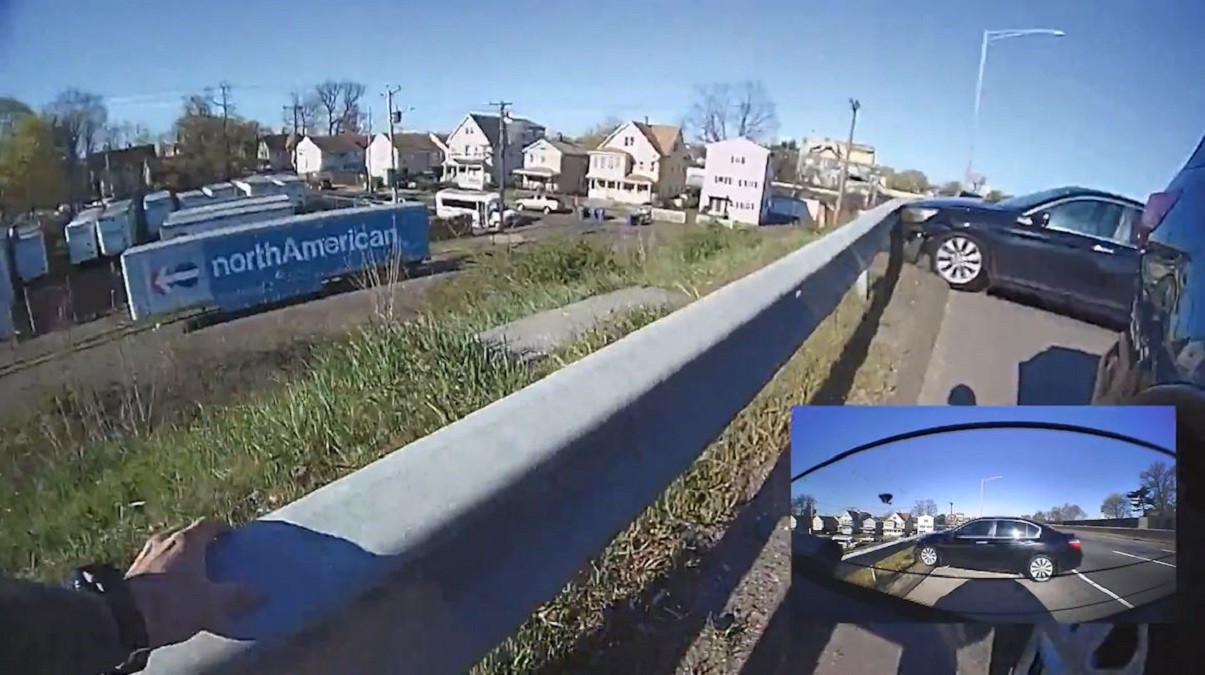NBC Connecticut's Dan Corcoran interviewed Health and Human Services Asst. Secretary of Health Rachel Levine about COVID-19 changes in Connecticut.
Here is the conversation:
DAN CORCORAN: Admiral Rachel Levine, the Health and Human Services Assistant Secretary for Health joins us now. Admiral, thanks so much for talking with us. Connecticut's going through a lot of changes when it comes to COVID-19. The mandate for masks in schools is being lifted and soon. Those decisions will be up to individual municipalities. So what are your thoughts on that? And how do you think schools should be proceeding to get through the rest of this year?
ADM. RACHEL LEVINE: We are certainly seeing Omicron cases declined throughout the country. But the variance still is responsible for high rates of hospitalizations and deaths. And so really, it is very important that the recommendations from the CDC takes into consideration the whole country and what the whole country is seeing and then of course, local municipalities and states will make decisions for their areas in terms of masks.
Get Connecticut local news, weather forecasts and entertainment stories to your inbox. Sign up for NBC Connecticut newsletters.
DAN CORCORAN: Now, Connecticut is a highly vaccinated state, the majority of people who are eligible to get the vaccine have gotten it but we still had a tough time with that Omicron variant. Is this how it will be for the foreseeable future? New variants and new waves of infection?
ADM. RACHEL LEVINE: Certainly, we expect Omicron to continue to go down. We expect the number of cases to go down, the number of hospitalizations and then the number of deaths but what we don't know is if we're going to see another variant but we will work to be prepared if and when that variant comes.
DAN CORCORAN: As you know, this pandemic has really shined a light on how much inequity there still is in a place like Connecticut from vaccine access to health care to food insecurity. A new report from Data Haven - that's a local data analysis organization - showed 20% of Black Connecticut residents and 22% of Latino adults faced food insecurity in the past year compared to just 8% of white residents. So talk a little bit about the inequities that you've noticed and what's being done to address them.
Local
ADM. RACHEL LEVINE: Sure. Well, thank you for raising that point, you are entirely correct. COVID-19 has shown us the breadth and depth of health disparities throughout our nation. And I was honored to be a member of the COVID-19 Health Equity Task Force, which gave its recommendations to the President in November. And we're going to be working to implement those recommendations moving forward.
DAN CORCORAN: Now, one of the other side effects of this pandemic has been what's happening with opioids in this state, and all across the country, really. 2020 was a record year for drug overdose deaths here in Connecticut. And this past year has been bad too. So how can the federal government work with states like ours to help stem this crisis?
ADM. RACHEL LEVINE: We have a new four point overdose prevention strategy that includes prevention, that includes harm reduction, which includes Naloxone, fentanyl, test strips and syringe service programs. We want to expand access to treatment, particularly for medication for opioid use disorder and then get people into recovery. So we're going to be working collaboratively with state and local health departments and other state and local agencies on accomplishing that.
DAN CORCORAN: Admiral Rachel Levine, thank you so much for your service and for talking with us tonight.
ADM. RACHEL LEVINE: Thank you. I was very pleased to be here.



